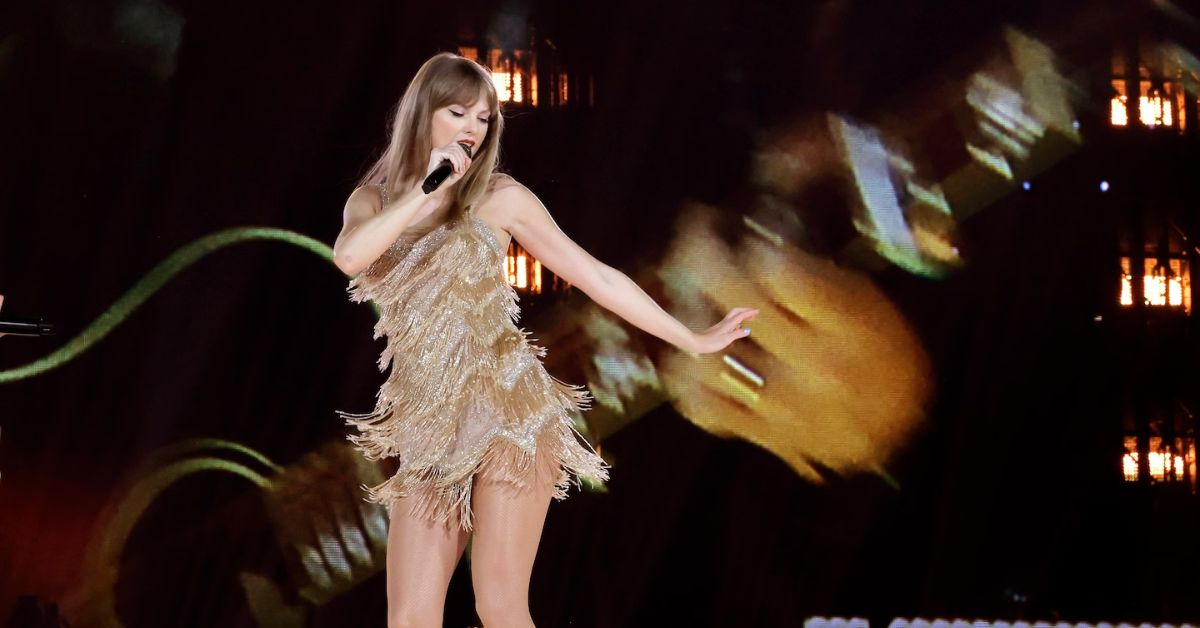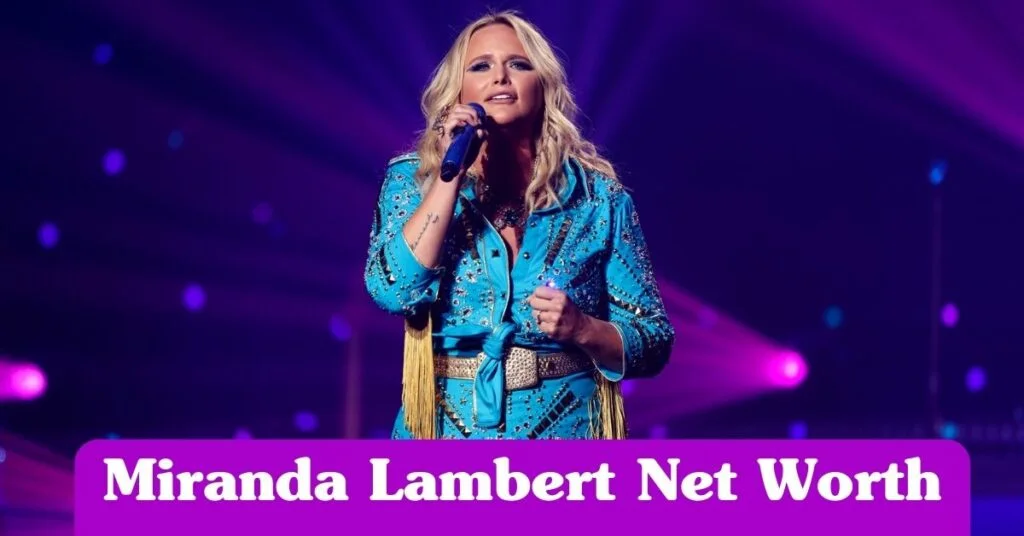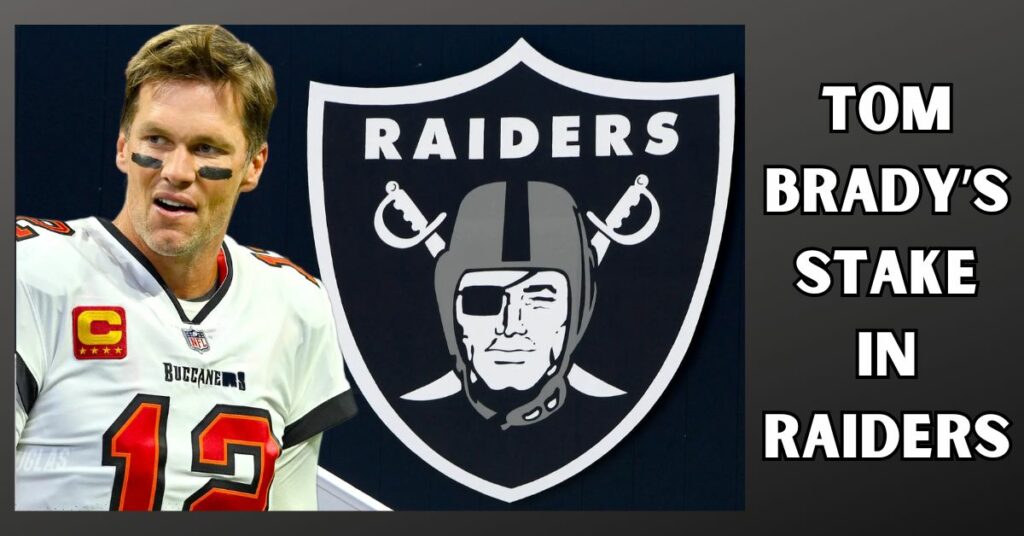A dispute over a contract has led to the removal of songs by popular musicians including Adele, Taylor Swift, and Drake from the TikTok app. The artists’ record labels, Universal songs Group, were involved in the dispute.
After a content licensing agreement with TikTok was set to expire on Wednesday, Universal sent a scathing open letter to its artists in which it announced its decision not to renew the deal, claiming that TikTok had been a “bully” and a “intimidation” in the negotiations over payment for music usage on the platform.
The statement said that TikTok was hesitant to “strike anything close to a market-rate deal.” Countering the heavyweight record label’s claims that they prioritized “their own greed above the interests of their artists and songwriters,” TikTok issued a sharply worded statement demanding an explanation.
According to the statement, “the fact remains that Universal has chosen to walk away from the powerful support of a platform with well over a billion users that serves as a free promotional and discovery vehicle for their talent,” contradicting Universal’s claims and statements.

The three primary points that Universal cited during their contract negotiations with TikTok were online safety for TikTok users, the impact of artificial intelligence, and pay for artists and songwriters. The music that TikTok uses will soon no longer include any licensed music from Universal.
It claimed that ByteDance, a Chinese business, was responsible for TikTok’s popularity, and that the platform was planning to pay artists “a fraction of the rate that similarly situated major social platforms pay.”
Along with Ariana Grande, Harry Styles, Billie Eilish, SZA, Bad Bunny, and Universal are some other well-known performers. The Dutch-based record label counts Coldplay, Kendrick Lamar, and Bob Dylan among its many artists and albums, which span more than a century and feature labels like Def Jam Recordings and Abbey Road Studios.
Several other music labels have also reached comparable arrangements with TikTok, the company added. Warwick Music Group and it reached a “multi-year, multi-product deal” in July. Members are limited to using up to 60 seconds of music in their projects, but entire songs cannot be played.
In addition, Universal said that TikTok had “no meaningful solutions” to address the platform’s hate speech, intolerance, bullying, and harassment issues. Also, it brought up AI-related worries, claiming that the site was “flooded with AI-generated recordings” and had features to “encourage AI music creation on the platform itself.”
The motion was criticized for what it called a “massive diluting the royalty pool for human artists” and what it called “nothing short of sponsoring artist replacement by AI.” But Universal chimed in to say that it is eager to “embrace the promise of AI” while also having to strike a balance between the possibilities of the technology and the need to adequately safeguard artists’ rights.
More and more, AI-generated music is reaching the masses, and opinions on the matter are divided. The AI music platform Jukedeck, which ByteDance acquired in 2019, offered tools for users to adjust music to accompany videos.
In a statement, Universal acknowledged that the decision not to renew the current arrangement would be disappointing for music fans. “But we have an overriding responsibility to our artists to fight for a new deal under which they are adequately compensated for their work, on a platform that respects human ingenuity, in an atmosphere that is safe for all, and successfully monitored,” it added.
Feel free to check out our most recent posts, the links to which we have provided below:



